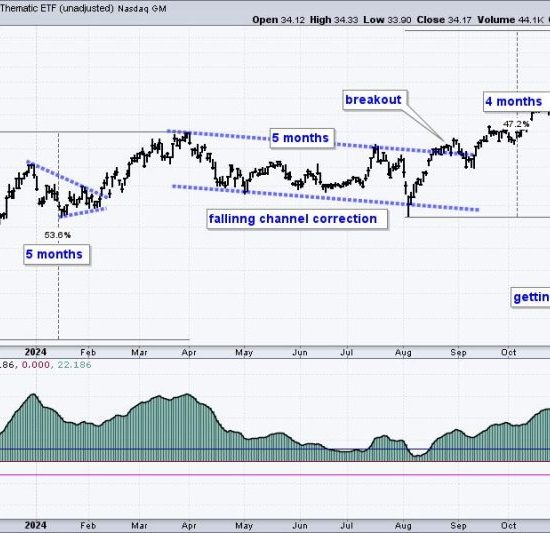In every beginning, there is an object, person, phenomenon, or theory at the center that sparks the start of everything. In the context of the universe, scientists propose the inception stemmed from a mind-blowing spectacle known as the Big Bang. As compelling as it may sound, the Big Bang Theory isn’t just a fancy science term or popular television show; it is genuinely a revolutionary scientific theory that elucidates how our ever-expanding universe initially began from a single point of almost infinite density about 13.8 billion years ago.
Diving deeper into this theory, the Big Bang isn’t considered an explosion in space but rather an explosion of space. The concept is challenging to visualize because it’s not the kind of physical experience humans encounter in daily life. According to the theory, the explosion happened everywhere in space simultaneously, which means the universe has no center. This mind-bending perspective shifts our understanding that space isn’t just an inanimate vacuum where events and objects exist; instead, it is an ever-evolving entity that changes and expands over time.
The Big Bang Theory was not easily accepted initially, highlighting the nature of scientific advancement. It faced rigid resistance from scientists who adhered to the Steady State Theory, which propagated the idea that the universe had no beginning or end. However, overwhelming evidence collected over the decades, including the significant discovery of the cosmic microwave background radiation by Arno Penzias and Robert Wilson in 1965, began to shift the pendulum in favor of the Big Bang Theory.
The cosmic microwave background (CMB) radiation is a fascinating component of the Big Bang Theory. It is the leftover radiation from the Big Bang and can be detected throughout the universe. Observations of the CMB have played a crucial role in shaping our understanding of the universe, including providing evidence of the Big Bang, supporting the idea of dark matter, and shedding light on the rate of expansion of the universe.
In tandem with the scientific observations, the mathematical foundation of the Big Bang Theory, set by Albert Einstein’s Theory of Relativity, forms the underpinning of our current understanding of the universe’s origins. Einstein’s work primarily influences our perception of gravity and its relationship with the dimensions of space and time. These theories together tell a story of a universe that started remarkably tiny, hot, and dense, then rapidly expanded and cooled, leading to the formation of atoms, stars, and galaxies.
Moreover, the Big Bang Theory goes hand-in-hand with the idea of cosmic inflation. Cosmic inflation is a theory that suggests that a fraction of a second after the Big Bang, the universe expanded dramatically at a pace much faster than the speed of light. This concept was hard to digest initially, as it appeared contradictory to Einstein’s postulation that nothing can travel faster than light. Nevertheless, it was later realized that while objects can’t move faster than light through space, space itself can expand at any speed.
Understanding the universe’s inception through the Big Bang Theory is a testimony to human intellect: making sense of the unfathomably vast and complex universe from our tiny little planet, using the power of observation and deduction. The theory grants us an insight into our heritage, locating our place in the cosmos. It reminds us that we are an integral part of the world we live in, and our existence is closely tied to the stars that are billions of years old.
By no means does the Big Bang Theory answer every question about the universe. In fact, the more we explore, the more we realize how much there is yet to discover. It has opened a Pandora’s Box of further queries, including the nature of dark matter and dark energy, the mystery of black holes, the possibility of the multiverse, and what, if anything, was there before the Big Bang.
Though shrouded in uncertainties and theoretical complexities, the Big Bang Theory has emerged as the most plausible explanation of the universe’s origins, with evidence supporting it being discovered continually. As we probe further into the cosmos with increasingly sophisticated technology, our understanding of where and how ‘it’ all started will hopefully become clearer, a testament to our bespoke ability as a species to comprehend the universe.




